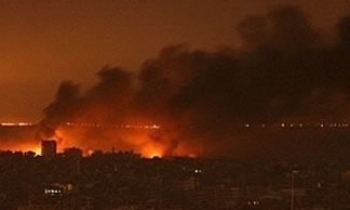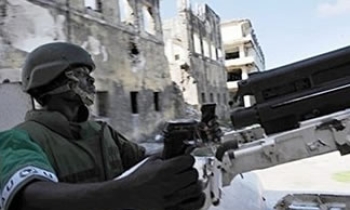The violent physical attack on an investigative journalist in Hungary recently has drawn widespread condemnation from its entire political class as well as the Humgarian society.

Investigative journalist Iren Karman was brutally assaulted June 22 by unknown assailants in the outskirts of capital Budapest, who pushed her into a car, tied her up, severely beat her, and left her on the banks of the Danube river, where a fisherman found her and summoned authorities.
Karman, who suffered severe injuries, was taken to a Budapest hospital where she underwent a surgery for internal bleeding. She was in stable condition afterwards but will remain hospitalised for several weeks.
Iren Karman published a book last year on corrupt oil dealings in the 1990s. The book, Facing the Mafia, reported on the practice of “oil bleaching” or the removing of red dye from government-subsidised heating oil in order to sell it as diesel at a higher price, according to local and international press reports. The dye was used to identify the oil. A documentary called “Oiled Relations” is also due to be released soon.
According to Hungarian News Agency (MTI), both in her book and the soon-to-be-released documentary implicate Hungarian politicians and police officials in collecting unlawful profits from the scheme. The Hungarian media have reported that the illegal profits amount to more than US$500 million, the Associated Press (AP) said.
Hungarian parliament launched a probe into the matter in 2000, but no one was charged, according to MTI. Documents in the case have been classified as secret and the files sealed for 85 years, AP reported.

Karman had recently said on her blog that she had been receiving email and telephone threats related to her investigations. Last November someone had broken into her car and taken work-related documents and a video recording. Police at the time did not link the theft to Karman’s work, according to local and international press reports.
Joel Simon, Committee to Protect Journalists (CPJ) Executive Director, said, “It is outrageous that a journalist can be viciously beaten for investigating crime in a European Union member country. The Hungarian authorities must act swiftly to bring the attackers of Iren Karman to justice.”
According to Reporters sans Frontieres (RSF), such a violent physical attack on journalists is rare in Hungary. RSF condemned the attack calling for “very thorough investigation” to shed light on all aspects of the case. It stressed that “there can be no impunity when press freedom is threatened.”
Government spokesman David Daroczi said the National Security Bureau would help the police with the investigation.
The Organization for Security and Co-operation in Europe (OSCE) Representative on Freedom of the Media, Miklos Haraszti, denounced the attack but added, "I am pleased to see the high level of openness and courage that the Hungarian society has shown in response to the attack," said Haraszti. "By not allowing attacks against journalists to go unnoticed and unpunished, one of the major preconditions to prevent the intimidation of the media seems to be on the right track in Hungary."

He warned against treating terrorisation of journalists as regular crimes committed against individuals and called for steps to be taken as soon as threats emerge. "By resolutely safeguarding the media from censorship by violence, in a world where anti-journalist crime is sadly prevalent, Hungary could defend the public's right to an open debate in an exemplary way," he said.
Haraszti also noted that Hungarian journalists were demanding that documents related to the oil deals be declassified and that Albert Takacs, Minister for Justice and Law Enforcement, had promised to review whether the documents should be released which have been classified for 85 years.









